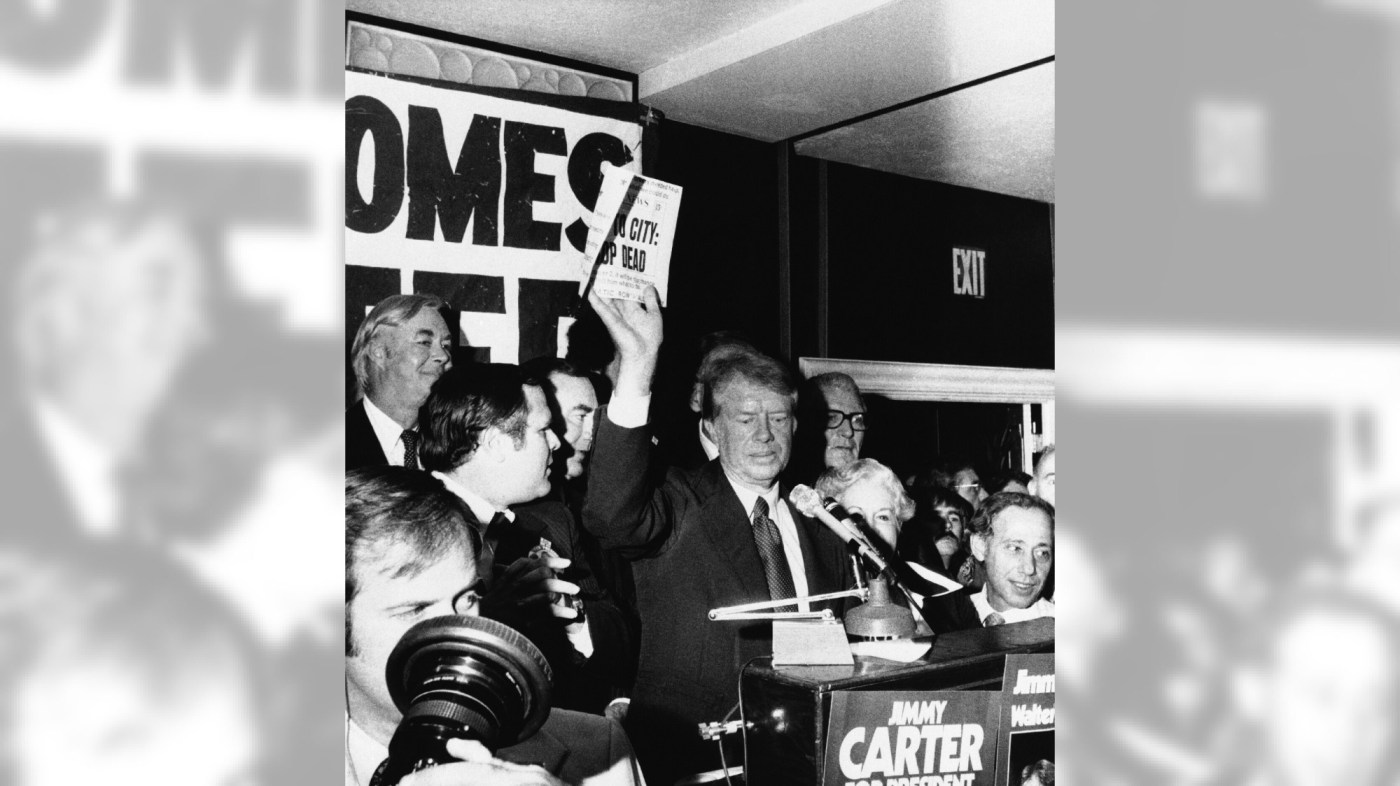UPDATE: On this day, October 30, we reflect on a pivotal moment in U.S. history—the day in 1975 when former President Gerald R. Ford infamously told New York City to “drop dead.” This statement came just after he announced his intention to veto any federal bailout for a city on the brink of bankruptcy, a decision that sent shockwaves through the nation.
On October 30, 1975, the New York Daily News emblazoned the headline “Ford to City: Drop Dead,” capturing the urgency and despair of a metropolis grappling with a severe fiscal crisis. New York was facing a potential bankruptcy, and Ford’s refusal to offer federal assistance was a critical turning point that highlighted the tensions between the federal government and urban centers during a period of economic strife.
The city ultimately managed to avoid bankruptcy, but the aftermath of Ford’s statement left a lasting mark on the relationship between federal authorities and local governments. The implications of this moment resonate even today, as cities continue to face financial challenges.
Also on this date: In 1912, Vice President James S. Sherman passed away just days before Election Day, impacting the presidential race. In 1974, boxing legend Muhammad Ali triumphed over George Foreman in the iconic “Rumble in the Jungle,” reclaiming his heavyweight title.
Other significant events include the 1938 broadcast of Orson Welles‘ “The War of the Worlds,” which caused widespread panic, and the 1961 testing of the Tsar Bomba, the most powerful nuclear weapon ever detonated, by the Soviet Union.
Fast forward to recent history, on October 30, 2023, the United Auto Workers announced a tentative deal with General Motors, marking a significant resolution to weeks of labor disputes that had impacted thousands of workers across the country.
As we honor this date, we also acknowledge the birthdays of influential figures such as author Robert Caro, who turns 90 today, and former New York City Mayor Rudy Giuliani, who is celebrating his 79th birthday.
This reflection on October 30 serves as a reminder of the historical events that shape our present and the ongoing challenges faced by cities in financial distress. As we commemorate these moments, it is clear that the implications of Ford’s bold statement and the struggles of New York City continue to resonate today.
What will future anniversaries reveal about our evolving relationship with urban governance and federal support? Stay tuned as we continue to explore these pressing issues in real-time.







